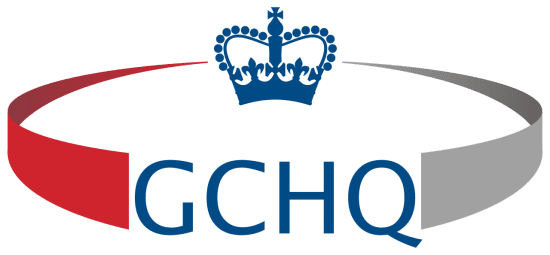Robert Hannigan, head of UK’s GCHQ, is reported to be seeking practical cooperation from the technology industry on how to balance the strong encryption that protects individuals’ privacy, with government and agency needs to access criminal and terrorist communications. He was speaking as the debate between Apple & the FBI continues, and after the UK Government’s Investigatory Powers Bill (dubbed The Snoopers’ Charter) was debated again in the House of Commons last month. Here to comment on this news is Michael Hack, senior vice president of EMEA operations at Ipswitch.
Michael Hack, senior vice president of EMEA operations at Ipswitch comments,
“Data encryption is only secure if there are no weak links. No matter how noble a cause, any technology company that provides a back door to its encrypted technology creates a weak link.”
“Whilst this could speed up investigations of high profile crimes it would come at a significantly high cost to millions of law abiding citizens. A weak link would very quickly become a target for hackers and cyber criminals; we know from experience that there are plenty out there who would be keen to find a key of their own just for the hell of it. However, there is also a whole wealth of people with dark motives waiting to kick in any back door they can. Despite GCHQ’s best intentions and efforts, opening up encryption technologies would mean personal data such as bank accounts, health records and even details of frequently visited locations could be readily up for grabs.”
[su_box title=”About Michael Hack” style=”noise” box_color=”#336588″][short_info id=’60459′ desc=”true” all=”false”][/su_box]
The opinions expressed in this post belongs to the individual contributors and do not necessarily reflect the views of Information Security Buzz.



